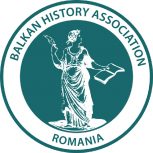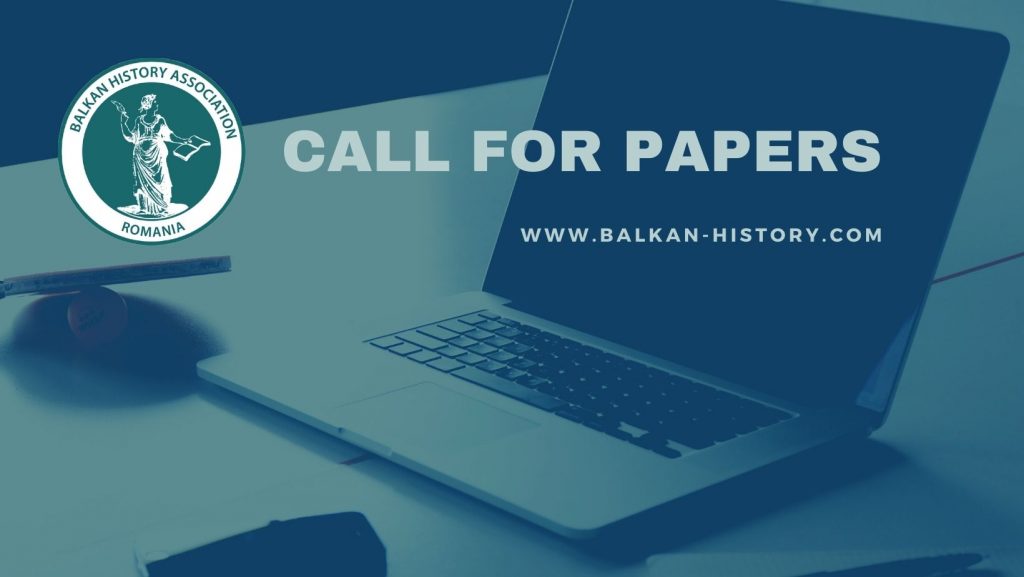The relations between Romania and Albania are part of the wider relations between the two people: the Romanians and the Albanians. Despite historical developments in the Balkan Peninsula that were not linear and sometimes troubled, the two people kept their original millennia-old relationship. This continuous relationship is still present in the common linguistic traits that have become part of the Romanian, Aromanian, and Albanian languages. During the Middle Ages the history of the Romanians and Albanians trace similar paths. The Wallachians are for the first time mentioned in the area where Albanians were historically rooted. One of the most important aspects of the cultural relations between Romania and Albania is the contribution of Romanian academics and scholars to Albanian culture through their historical, folkloric, and linguistic studies. Apart from the similarity of the historical and cultural developments sometimes there are similarities in the description and depiction of the self and of the other.
The Balkan History Association is preparing a volume which investigates how Albanians and Romanians shaped and influenced the general historical development of the Balkans. Authors are invited to submit book chapters dealing with the following topics: Romanian and Albanian languages and the linguistic relationship between them; Albanians and Romanians in the imperial framework of the Ottoman state; Aromanians and Albanians throughout history; Romanian and Albanian historiographies and each people’s national narrative on itself and the other; Albanians and Romanians in the age of nationalism and state formation; Romania and Albania between the two world wars; Communist regimes in both countries; Post-communism and EU Integration processes, etc.
Submission procedure
The volume will be published by Peter Lang (in the series “South-East European History”). Original manuscripts should be prepared following the editorial guide of Peter Lang available on its website, especially “Style Guidelines – British English” and “Submission Guidelines“. You can see the chapters of this open access volume to understand how manuscripts should be edited. Manuscripts must not have been published, submitted for publication or available on the internet elsewhere. Interdisciplinary work is particularly welcome. Please submit your proposal, including the title of your manuscript, an abstract (up to 300 words), and an author’s biography (up to 100 words) to all editors. The abstract should include the research question and purpose, the approach and main ideas, and results. No figures, tables, footnotes, or endnotes should be included in the abstract. Articles should not exceed 8,000 words in length including footnotes and references (reference list or bibliography). The volume may contain up to 20 black-and-white images.
Deadlines
December 29, 2023: Submission of proposals to editors
January 5, 2024: Notification of accepted proposals
March 1, 2024: Receipt of final papers for peer review
March 29, 2024: Revised chapters re-submitted to editors
Editors
Ardian Muhaj (Institute of History, Tirana), ardian300@yahoo.com
Daniela Stoica (University “Fan S. Noli”, Korçë), dstoica76@gmail.com
Robert Austin (University of Toronto), robert.austin@utoronto.ca
Mentor Beqa (University of Durrës “Aleksander Moisiu”), mentorbeqa@hotmail.com
Dorian Koçi (Academy of Sciences of Albania), dorian.koci@gmail.com
Please circulate this call for papers among your colleagues and other potentially interested scholars.

